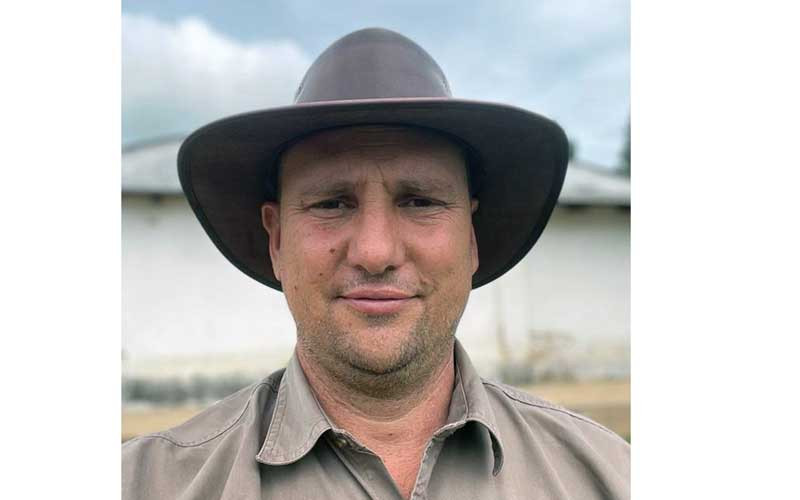
REPRESENTATIVES of white commercial farmers whose land was expropriated by the government have rejected Treasury Bonds (TBs) offered as compensation, the Zimbabwe Independent can reveal.
At the turn of the millennium, liberation war veterans under the rule of the late former president Robert Mugabe carried out violent land grabs. Around 4 500 white farmers were evicted when the government carried out the land reform programme, under which land was redistributed to approximately 300 000 black families in an effort to “redress colonial land imbalances”.
After prolonged negotiations over compensation, President Emmerson Mnangagwa’s government and representatives of the white farmers agreed in July 2020 that US$3,5 billion would be paid for improvements made on the farms.
This agreement, known as the Global Compensation Deed (GCD), stipulated that half of the settlement would be paid within a year, with the remaining half distributed over five years.
The accord was part of Mnangagwa’s broader strategy to improve Zimbabwe's international relations and rebuild an economy that was in disarray when he took office following the coup in November 2017.
Liam Philp, president of the Commercial Farmers Union (CFU), told the Independent that the new deal proposed by the government falls short of the initial agreement.
“As signatories to the GCD being CFU and SACFA (Southern African Commercial Farmers Union) we have not accepted the Treasury Bills,” he said.
“There is an offer of Treasury Bills made under a separate initiative called PROFCA (Property and Farm Compensation Association) for individual farmers.
- Treasury Bonds to fund 90% of US$3,5bn debt to white farmers
- Chissano to lead Zim re-engagement drive
- Expelled white farmers reject govt’s TBs compensation deal
- White farmers frustrated as govt fails to honour compensation deal
Keep Reading
“A small number of farmers have agreed to accept these and they are generally but not exclusively the vulnerable members of our community.
“The majority of farmers are not interested in the proposed delayed payment mechanics. This is Treasury Bills or bonds maturing over a period of 10 years back ended with a 2% interest rate,” Philp added.
He said the new proposal by the government did not meet the terms agreed upon in the initial deal.
“Let’s say it is not a good deal and falls far short of what was agreed under the GCD,” Philp added.
In January, he disclosed that farmers were frustrated with the government's failure to meet its obligations under the GCD.
“The farmers in general are understandably frustrated with the non-performance on obligations under the GCD,” Philp said.






